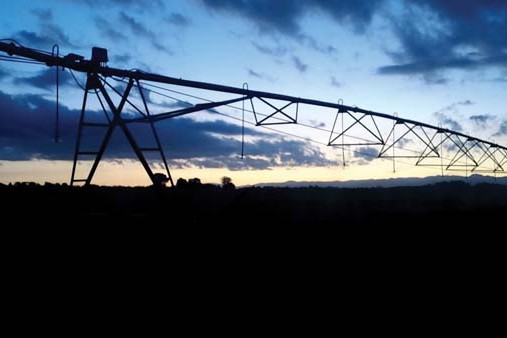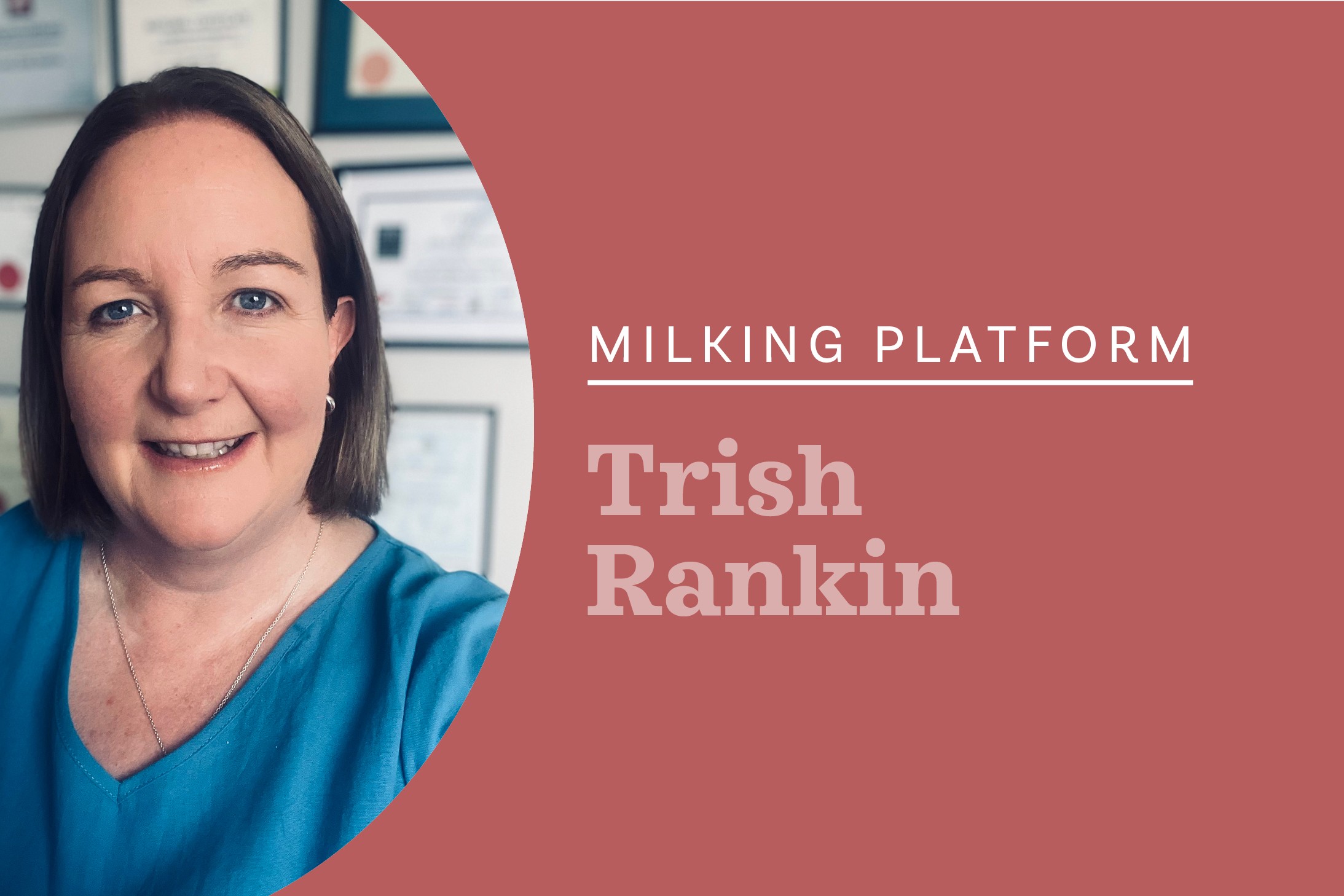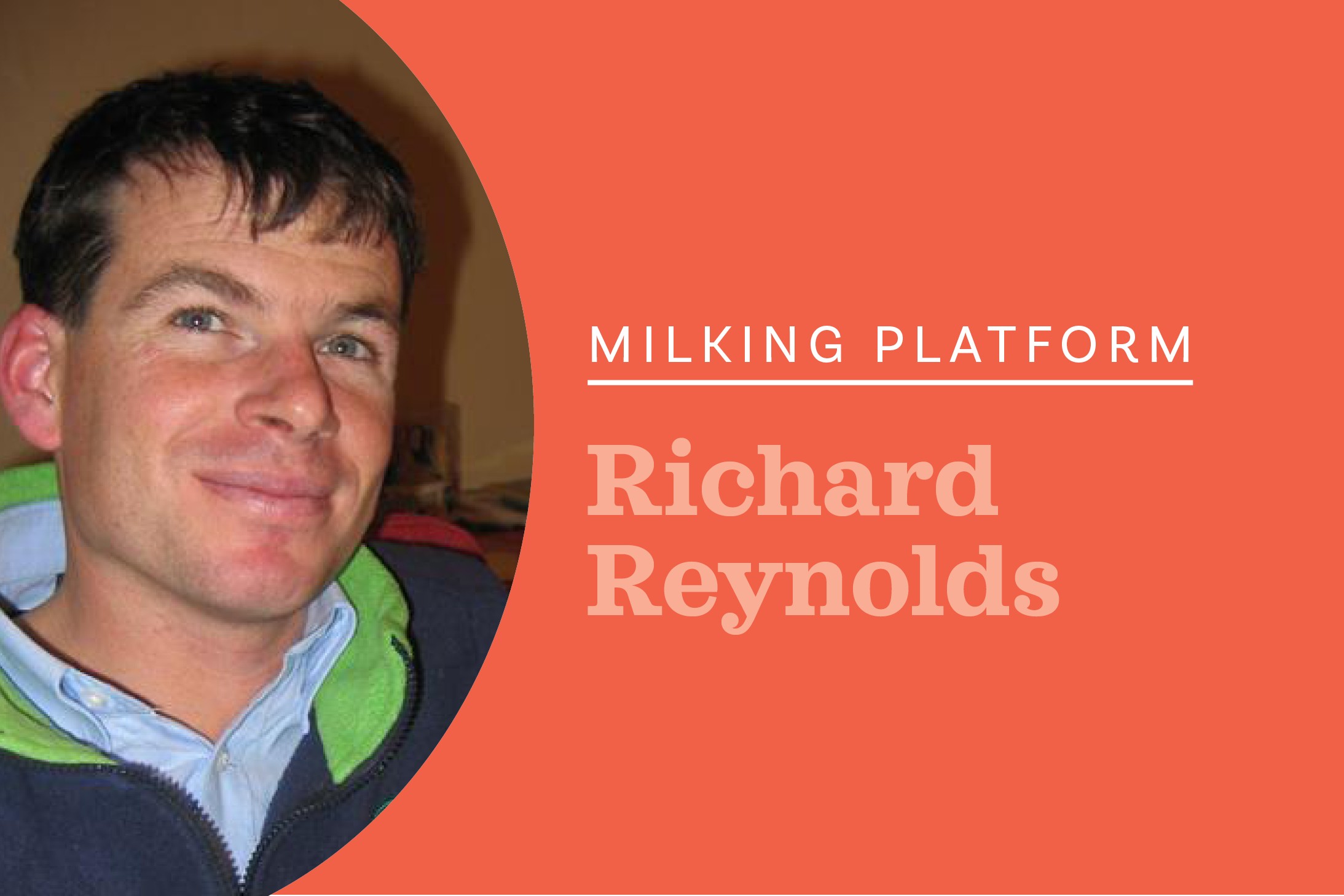Breaking barriers
Autumn is the favourite season of Nic and Kirsty Verhoek as it’s their last chance to take a break before calving begins.
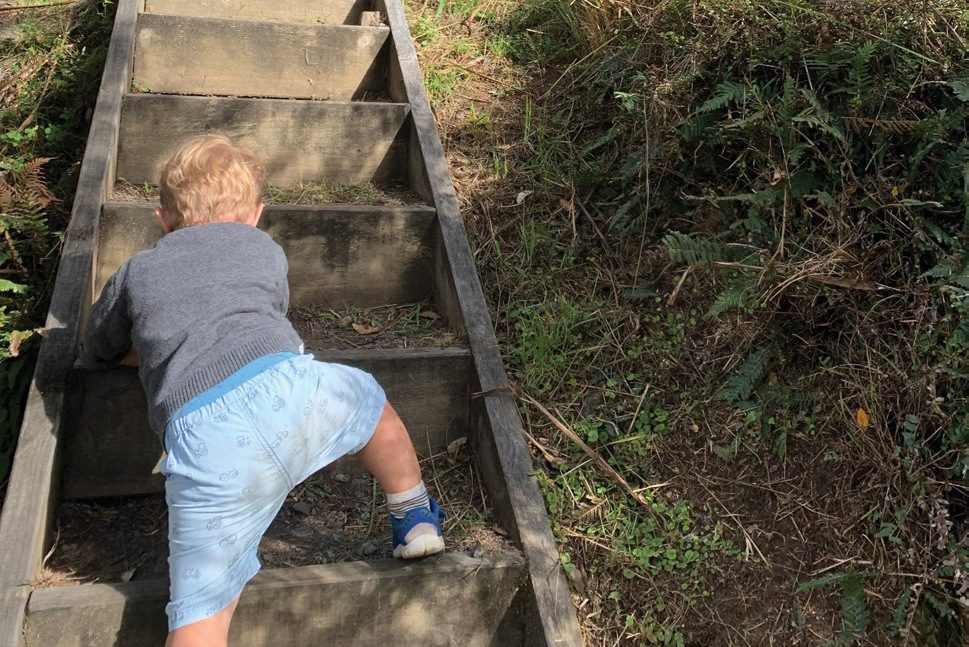
This is often our favorite time of the season – autumn and the lead up to spring calving. It is also a time to finally have some space to think, reflect and look to next season.
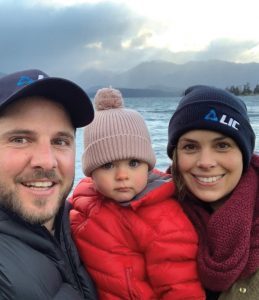 The rains have arrived in the North Waikato; everything has greened up and our newly sown pastures and winter crops have their heads raised well above the ground.
The rains have arrived in the North Waikato; everything has greened up and our newly sown pastures and winter crops have their heads raised well above the ground.
The heifers have come home, and we are continuing to feed out a fair bit of supplement to allow pasture covers to build after almost being killed off over the summer. However, the cows are in great condition and continuing to milk well in the lead up to drying off.
The autumn period is one of our last chances for us and our staff to have some time off before calving starts. This year we visited Great Barrier Island for the first time. We spent our days off-grid, fishing, beach frolicking and exploring nooks and crannies of Great Barrier Island. This is a destination we highly recommend – especially if you are wanting some time away from that constant busy feeling.
The month of May also highlights the opening of duck shooting season – a very important time in our household with a year’s worth of preparation behind it. Much to Nic’s dismay, there were more ducks on the farm’s effluent pond and new grass paddocks than there were on the lake, but good times were had regardless of the final duck tally.
Kirsty was also fortunate to attend the Pioneer Maize Conference in Rotorua. A conference is always a good one when you go home afterwards feeling rejuvenated and excited about sharing the messages you have learnt – so thanks Pioneer for putting on a great event.
The conference highlighted barriers that the farming industry is facing and gave great examples of how the industry is working through them. Some key messages that re-emphasised our own goals were the importance of homegrown feed and our desire to rely less on imported feed.
The other was viewing compliance requirements as a form of business transparency for meeting consumer demands and giving our products value-add, rather than being just another set of rules. There was also discussion on greenhouse gas (GHG) emissions and agriculture being bought into the Emissions Trading Scheme (ETS).
The aim of He Waka Eke Noa (We are in this together) is to work together with farmers and growers on practical solutions to reduce New Zealand’s emissions and build resilience to climate change. So, in our mind, this is our opportunity to influence policy and we need to support this programme.
An outcome of He Waka Eke Noa is that by the end of 2022, 100% of farmers and growers in NZ are expected to know their annual total onfarm emissions. We are on board with this as it will highlight areas within our business that we can improve on and give evidence to the consumer of our efforts. Further, the body of individual farm GHG data could prove to be invaluable; it could show the variation in onfarm emissions across farms, thus serving as a good starting point for GHG mitigation.
This could mean that those farms with the higher emissions may be able to mimic, to some extent, simple management practices already used successfully by farms with low emissions, thus reducing our overall GHG output over shorter timeframe than what some of the longer-term mitigation strategies are proposing (e.g., methane vaccine).
We are not naïve to the fact that we will be facing many challenges as an industry going forward, but our view is there are ways around these barriers and collectively, as an industry, the future is bright with the quality of the products we produce and the technology that is emerging to support us.
We are looking forward to starting our second season, free of a Covid-19 lockdown. After having some decent time away from the farm as a family we are also feeling rested and ready for the hectic pace of calving.



